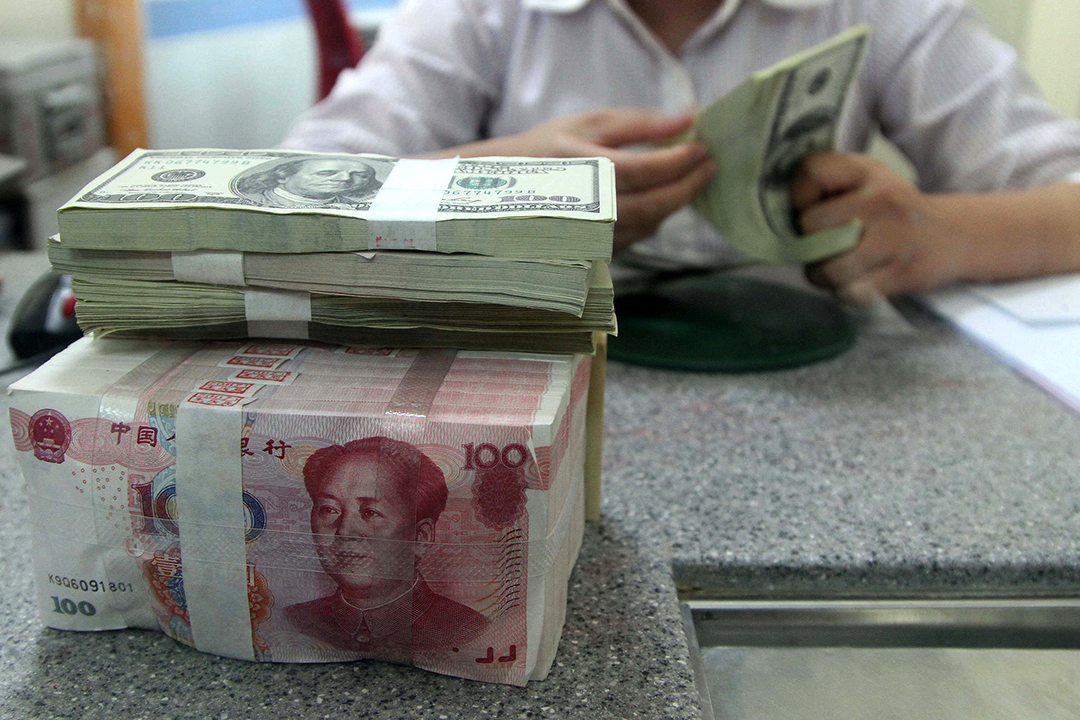 Foreign Investors Slash Chinese Yuan Bonds Holdings as US Treasury Yields Keep Rising
Foreign Investors Slash Chinese Yuan Bonds Holdings as US Treasury Yields Keep Rising(Yicai) Dec. 24 -- Foreign investors have begun reducing their holdings of Chinese yuan-denominated bonds mainly due to the continuous climb of US Treasury yields dismantling the arbitrage space.
The size of the bond holdings of foreign investors in China's interbank market fell to CNY4.15 trillion from CNY4.25 trillion (USD569.8 billion from USD582.3 billion) as of the end of last month from October, according to data released by the People's Bank of China. The figure hit a record high of CNY4.52 trillion in August.
China's one-year government bond yield fell to 0.85 percent as of yesterday Beijing time, the lowest since April 22, 2003, while the US one-year treasury bond yield surged to 4.295 percent, the highest since September.
Foreign investors' interest in Chinese bonds mainly comes from asset swaps, meaning they invest in semi-annual or one-year certificates of deposit and hold them to maturity after converting them into yuan in the domestic foreign exchange swap market and locking in exchange rate risks through the integration of US and Hong Kong dollars, Wang Ju, a foreign exchange and interest rate strategist at BNP Paribas, previously told Yicai.
However, as US treasury yields climb, the arbitrage space for such trading disappears.
The yield spread between China and the US was minus 3.31 percent on July 31, or the yield of China's one-year treasury bonds was 3.31 percentage points lower than the yield of US treasury bonds, Yicai found. The number implied by the redback exchange rate in the swap market at that time was minus 3.9 percent, which gave an arbitrage space of 60 basic points, prompting foreign investors to buy Chinese government bonds.
However, the interest rate spread between China and the US implied by the yuan's exchange rate in the swap market has reached minus 3.39 percent, while the interest rate difference between the two countries is 3.445 percent (0.85 percent to 4.295 percent, respectively), and the arbitrage space has changed from 60 bps to minus 5 bps. This has led to foreign investors slashing their holdings of Chinese government bonds.
It seems difficult for US treasury yields to fall significantly in the future, bond traders said to Yicai. However, domestic institutions still dominate the trend of China's bond market, so it will likely remain volatile in the short term, they pointed out.
Editor: Martin Kadiev